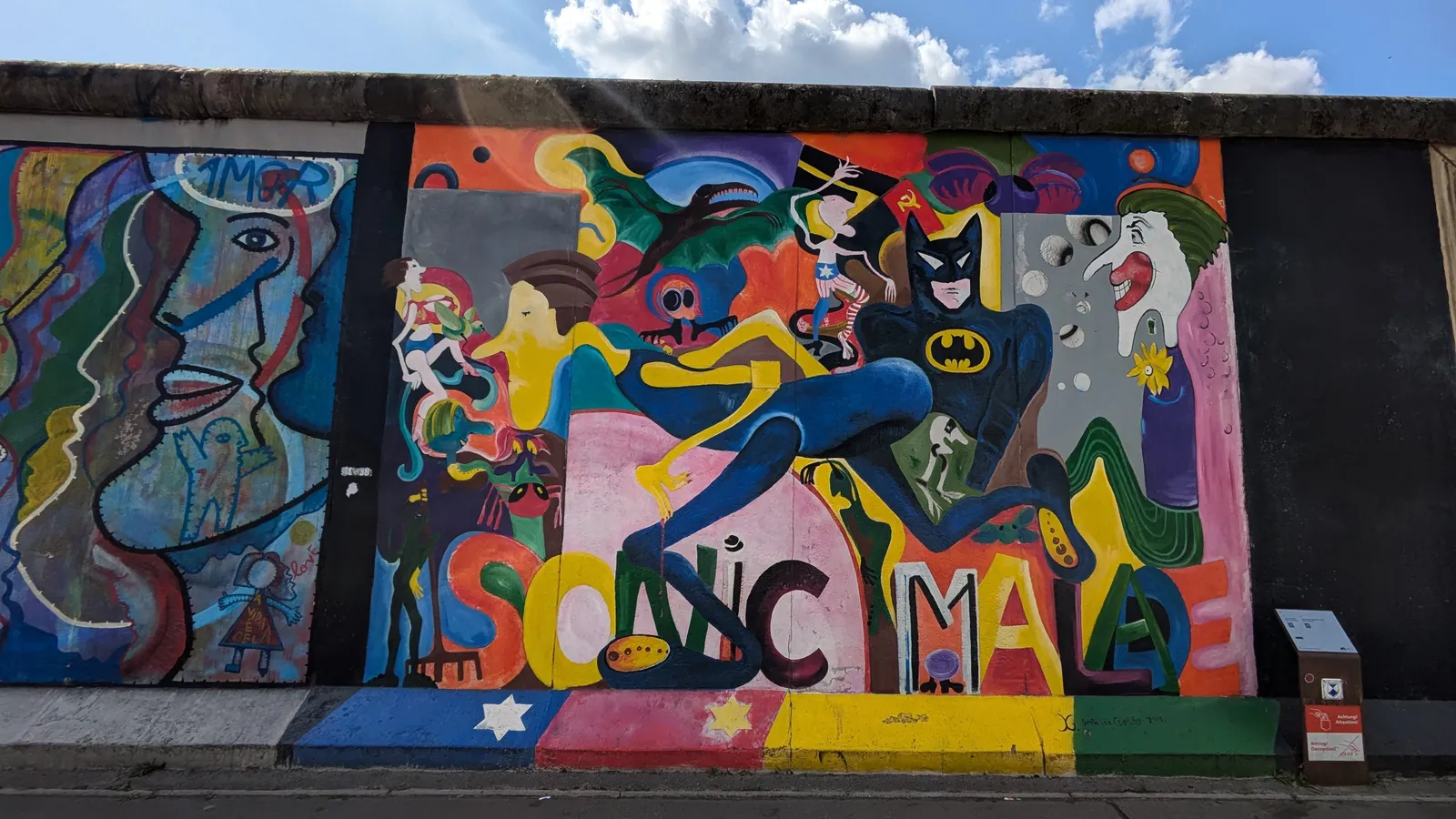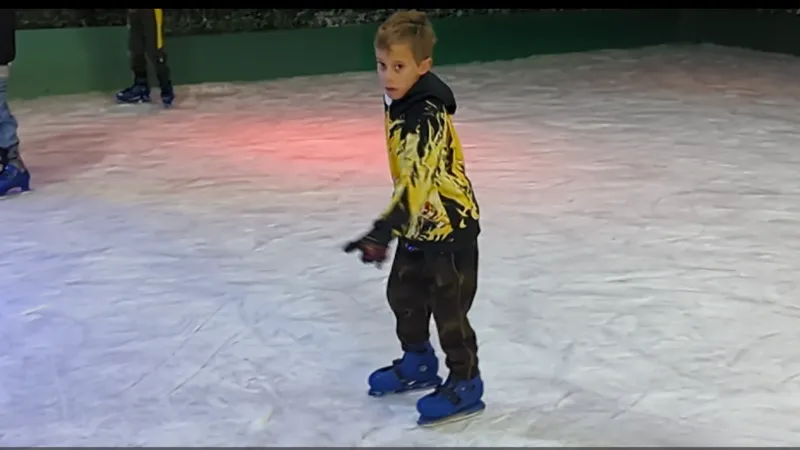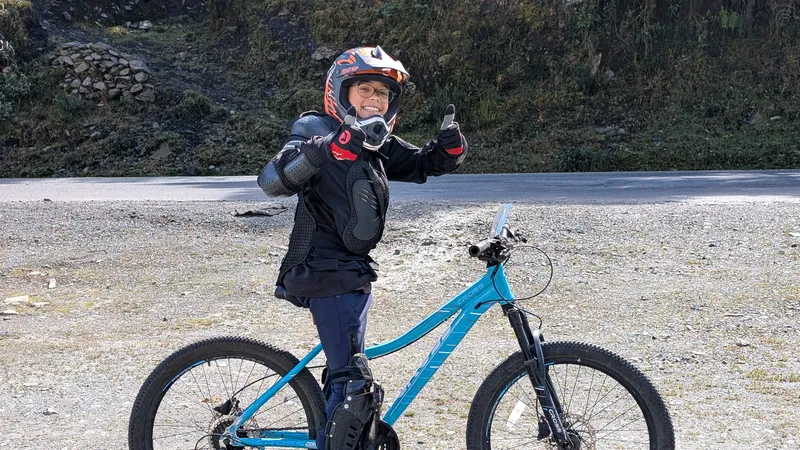These things occurred on Monday August 26, 2024 in Berlin, Germany
The boys and I slept in while Chaim went to work. Matanel woke up earlier than everyone else so we spent thirty-minutes playing (more like teaching him) chess before his brothers woke up. Our slow start to the day was compounded by missing breakfast and our room keys not working, likely due to the late check out for which we prepaid. At last! The door opened with the fourth key replacement. After toilet breaks and grabbing what we needed, we left our hostel to take a bus to the East Side Gallery where we could see the largest remaining segment of the Berlin Wall. As soon as they saw it, Eitan and Amichai began to understand the size and magnitude of the wall. We spent a lot of time reading the different explanations about the wall and appreciating the art and graffiti on both sides of the wall. One of the most interesting pieces of information we learned about the Berlin Wall is that it fell because of a single officer's choices.
As the story goes, Harald Jäger , a loyal servant to the Soviet Union was commanding officer at the border patrol that evening. He had never complained about his responsibilities and had always done what was asked of him. However, Jäger had just learned that he might have terminal cancer and was waiting for his official diagnosis before he started his shift that night. It was November 9, 1989 and protestors began to swarm the east side of the wall as part of the Peaceful Protest. Jäger and a few of his comrades were surveying the scene armed with guns. What started with just a handful of people soon swelled to 10,000 people. Jäger called his superior officer several times over the course of the evening to find out what to do. No one seemed to think that the protestors were going to be an issue, but Jäger realized that he was going to have to deal with it in some way or it might turn violent. His superior officer let him listen in on an upper level conversation during which the other officers said something akin to “Does he even know what he’s doing?” Then the line went dead.
On the phone with his superior officer again, he was told to let some of the protestors through, but not back again. It was a one-way trip that no one knew about. Quickly, he realized that many of the protestors were young parents who had just wanted to be part of the moment and get a glimpse of the other side. They had all of their papers and were eagerly waiting to return to their sleeping children. When they found out they wouldn’t be able to return all hell was about to break loose. At this point, he’d had it. He turned to his subordinates and asked them if any of them were up for killing people that day. None of them gave any indication that they would be okay with that so he made an executive decision to open the gate. And that is how the Berlin Wall fell. A man, worried about a potential terminal cancer diagnosis who was fed up with the way his superior officers were dealing with the situation, opened a gate because nothing really mattered to him in that moment. A few days later he found out he didn’t have cancer. Timing really is everything. Well, at least according to this version of history. [There are other historical accounts that differ slightly, but this is one of the accounts we read on a sculpture at the East Side Gallery and it captured the boys' attention.]
Back at the remains of the Berlin Wall, it was hot. Really hot. We were drinking water like it was our job. I wasn’t surprised when someone said they needed to pee. Badly. We finished walking along the Berlin Wall and hustled to the first place that looked like it would have a toilet. Turned out to be a lovely hostel with a restaurant café inside along the river. We enjoyed the short rest and then walked a little further to search for food and a cold drink. Then, we returned to our hostel where we met up with Chaim, grabbed our luggage, and made our way to the Berlin Train Station to await our train to Prague.



